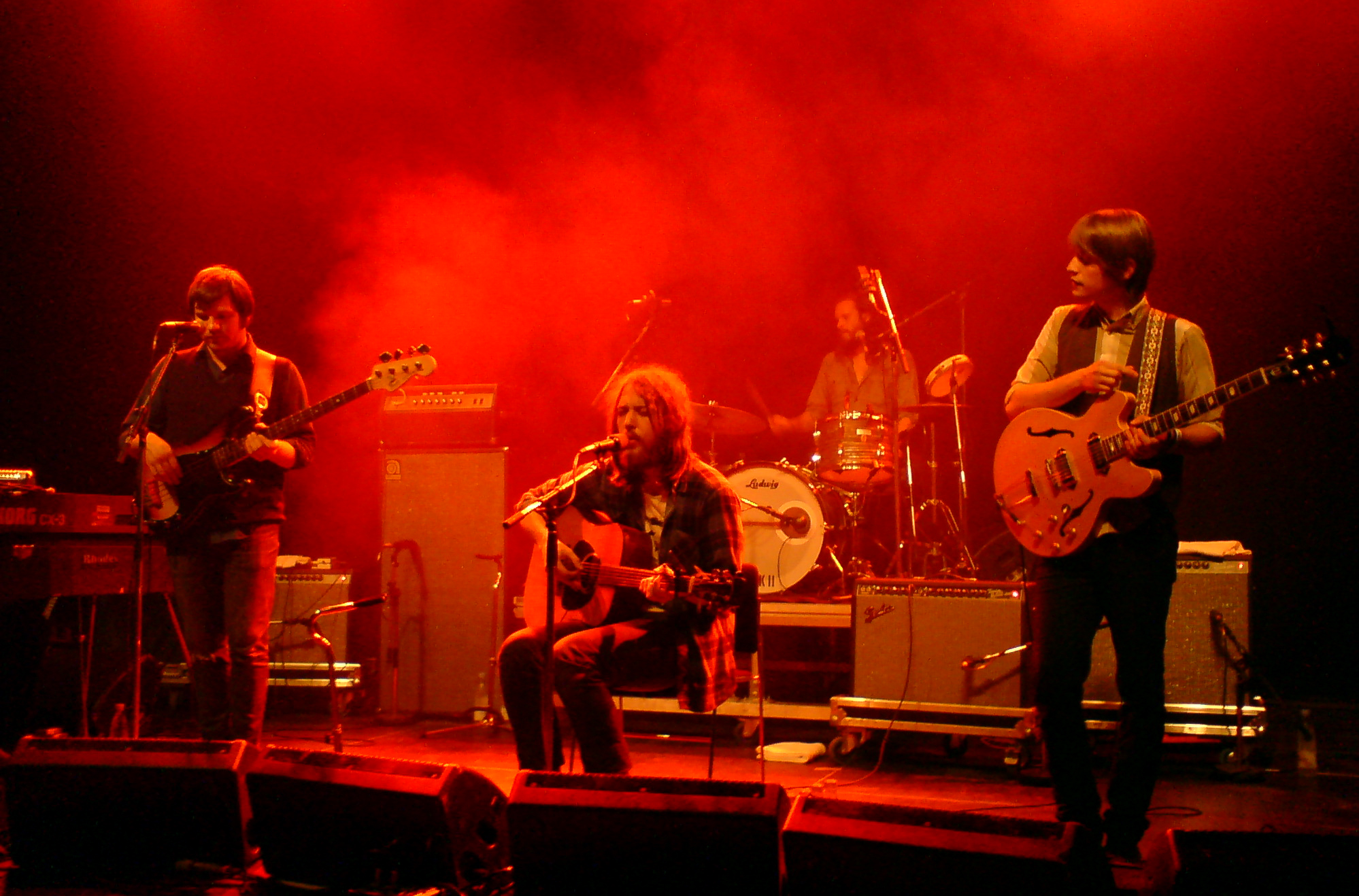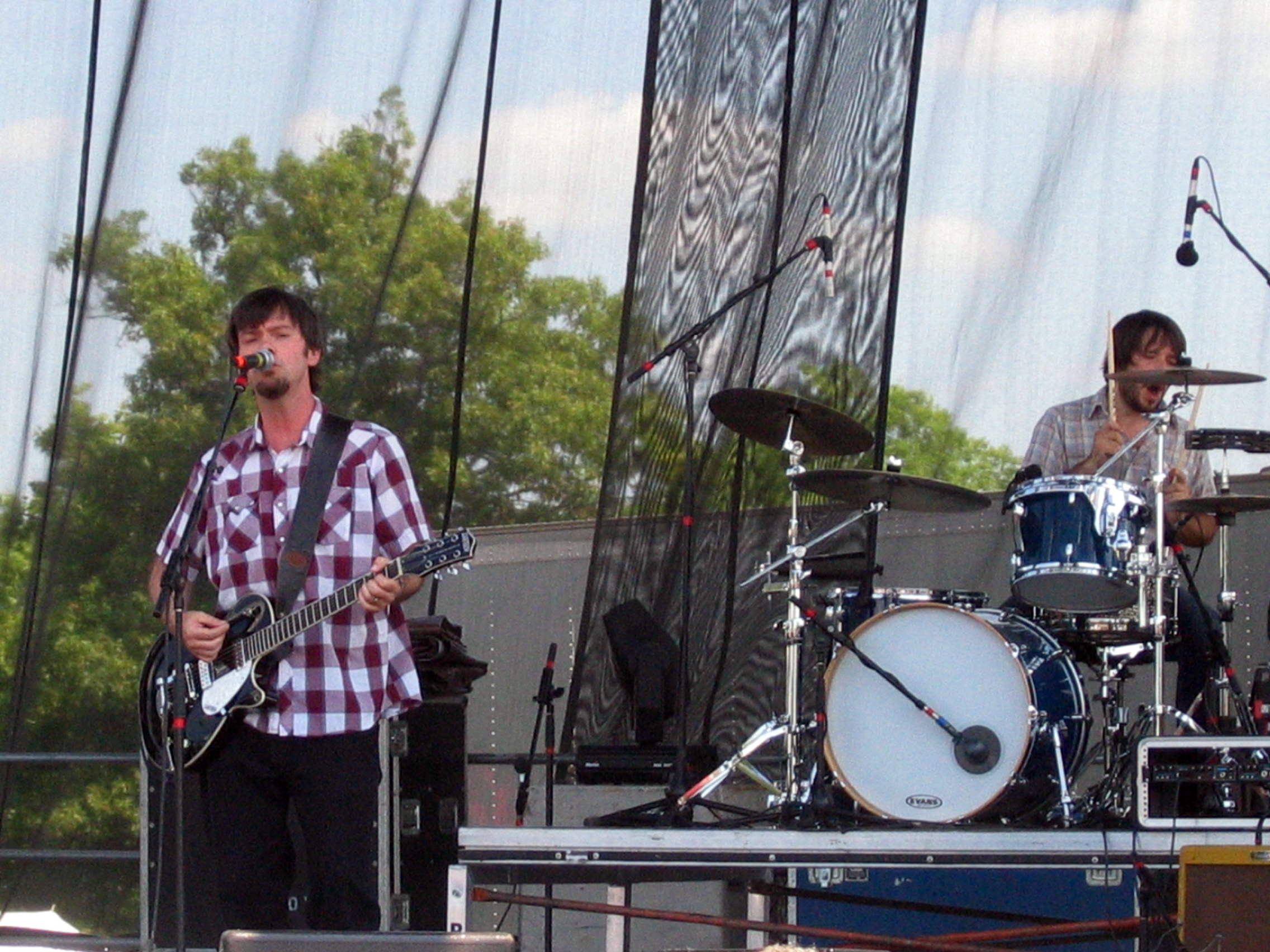|
Alternative Music
Alternative music may refer to the following types of music: *Independent music *Alternative rock *Alternative pop *Alternative R&B *Neo soul, sometimes known as alternative soul *Alternative reggaeton *Alternative hip hop *Alternative dance *Alternative metal *Christian alternative rock *Indie folk, sometimes referred to as alternative folk *Alternative country See also * Alternative (other) 1970s neologisms Music genres Music-related lists {{Set index article ... [...More Info...] [...Related Items...] OR: [Wikipedia] [Google] [Baidu] |
Independent Music
Independent music (also commonly known as indie music, or simply indie) is a broad style of music characterized by creative freedoms, low-budgets, and a DIY ethic, do-it-yourself approach to music creation, which originated from the liberties afforded by independent record labels. Indie music describes a number of related styles, but generally describes guitar-oriented music straying away from mainstream conventions. There are a number of subgenres of independent music which combine its characteristics with other genres, such as indie pop, indie rock, indie folk, and indie electronic. Additionally, in certain circles, the term indie has taken a definition entirely defined by the "typical" sound of independent music in the 1980s, losing the meaning connected with the style of production. The origins of independent music lie in British independent record labels, such as Rough Trade Records, Rough Trade and Mute Records, Mute. In the 1970s, these labels contributed to the emergence o ... [...More Info...] [...Related Items...] OR: [Wikipedia] [Google] [Baidu] |
Alternative Rock
Alternative rock (also known as alternative music, alt-rock or simply alternative) is a category of rock music that evolved from the independent music underground of the 1970s. Alternative rock acts achieved mainstream success in the 1990s with the likes of the grunge subgenre in the United States, and the Britpop and shoegaze subgenres in the United Kingdom and Ireland. During this period, many record labels were looking for "alternatives", as many Arena rock, corporate rock, hard rock, and glam metal acts from the 1980s were beginning to grow stale throughout the music industry. The emergence of Generation X as a Culture, cultural force in the 1990s also contributed greatly to the rise of alternative music. "Alternative" refers to the genre's distinction from mainstream or arena rock, commercial rock or pop. The term's original meaning was broader, referring to musicians influenced by the musical style or independent, DIY ethic, DIY ethos of late-1970s punk rock.di Perna, A ... [...More Info...] [...Related Items...] OR: [Wikipedia] [Google] [Baidu] |
Alternative R&B
Alternative R&B (also referred to as alt-R&B, indie R&B, and originally known as PBR&B, hipster R&B, emo R&B, or R-Neg-B) is a term used by music journalists to describe a stylistic alternative to contemporary R&B that began in the mid 2000s and came to prominence with musical artists such as Frank Ocean, Khalid, SZA, Summer Walker, Jhené Aiko, Kehlani, Zayn Malik, Tyler, The Creator, Steve Lacy, Childish Gambino, Miguel, Drake, The Weeknd, Tinashe, Bryson Tiller, PartyNextDoor, Tory Lanez, 6lack, and others. It is considered to be "more progressive and diverse" than its mainstream counterpart. Etymology "Alternative R&B" was once used by the music industry during the late 1990s to market neo soul artists, such as D'Angelo, Erykah Badu, and Maxwell. There has been a variety of discussion about the differing genre terms, with several critics describing the music under the broad category of "alternative R&B" or " indie R&B". The term "hipster R&B" has been commonly used, ... [...More Info...] [...Related Items...] OR: [Wikipedia] [Google] [Baidu] |
Neo Soul
Neo soul (sometimes called progressive soul) is a genre of popular music. As a term, it was coined by music industry entrepreneur Kedar Massenburg during the late 1990s to market and describe a style of music that emerged from Soul music, soul and contemporary R&B. Heavily based in soul music, neo soul is distinguished by a less conventional sound than its contemporary R&B counterpart, with incorporated elements ranging from funk, jazz fusion, and Hip hop music, hip hop, and to pop music, pop, rock music, rock, and electronic music. It has been noted by music writers for its traditional R&B influences, conscious-driven lyrics, and strong female presence. Neo soul developed in the early 1990s in the United Kingdom, led by artists such as Omar Lye-Fook, Omar, Innocence (band), Innocence, Young Disciples, and Sade (band), Sade, as a soul revival movement. It gained recognition throughout the decade with the commercial and critical success of these musicians. Later, neo soul furthe ... [...More Info...] [...Related Items...] OR: [Wikipedia] [Google] [Baidu] |
Alternative Reggaeton
Alternative reggaeton is a subgenre of reggaeton that emerged from the reggaeton movement as a reaction to its repetitive and monotone dembow rhythm, and the predominant stereotypical gangsta content that became predictable. The result was a complex sound derived from world sounds, mainly rooted in other Latin American music based genres such as bomba, plena, salsa, bachata, merengue, cumbia, tango and other foreign influenced music such as alternative rock, rock en español and Latin alternative. Mixed with thoughtful (and sometimes crude) lyricism guided by an anti-colonialism discourse, Latin American sociopolitical content, and racial pride, it gave listeners a smooth blend of danceable rhythms and intellectual dialogue. History The precursor is arguably one of the founding fathers of reggaeton: Vico C, whose albums relied heavily on hip-hop acoustics, keyboards, and reggae roots. '' Xplosión'' (1993), '' Aquel Que Había Muerto'' (1998) and '' Desahogo'' (2005) are ... [...More Info...] [...Related Items...] OR: [Wikipedia] [Google] [Baidu] |
Alternative Hip Hop
Alternative hip-hop (also known as alternative rap and experimental hip-hop) is a subgenre of hip-hop music that encompasses a wide range of styles that are not typically identified as mainstream. AllMusic defines it as comprising "hip-hop groups that refuse to conform to any of the traditional stereotypes of rap, such as gangsta, bass, hardcore, and party rap. Instead, they blur genres drawing equally from funk and pop/rock, as well as jazz, soul, reggae, and even folk." Alternative hip-hop developed in the late 1980s and experienced a degree of mainstream recognition during the early to mid-1990s. While some groups such as Arrested Development and the Fugees achieved commercial success, many alternative rap acts tend to be embraced by alternative rock listeners rather than hip-hop or pop audiences. The commercial and cultural momentum was impeded by the simultaneous emergence of significantly harder-edged West Coast gangsta rap. A resurgence came about in the late 1990s ... [...More Info...] [...Related Items...] OR: [Wikipedia] [Google] [Baidu] |
Alternative Dance
Alternative dance (also known as indie dance or underground dance in the United States) is a musical genre that mixes alternative rock with electronic dance music. Although largely confined to the British Isles, it has gained worldwide exposure through acts such as New Order in the 1980s and the Prodigy and in the 1990s. Characteristics AllMusic states that alternative dance mixes the "melodic song structure of alternative and indie rock with electronic beats, synths and/or samples, and club orientation of post-disco dance music". '' The Sacramento Bee'' calls it " postmodern– Eurosynth– technopop– New Wave in a blender". The genre draws heavily on club culture for inspiration while incorporating other styles of music such as electropop, house, and EBM. The performers of alternative dance are closely identified with their music through a signature style, texture, or fusion of specific musical elements. They are usually signed to small record labels. History 1980s� ... [...More Info...] [...Related Items...] OR: [Wikipedia] [Google] [Baidu] |
Alternative Metal
Alternative metal (also known as alt-metal) is a genre of heavy metal music that combines heavy metal with influences from alternative rock and other genres not normally associated with metal. Alternative metal bands are often characterized by heavily Downtuned guitar, downtuned, mid-paced guitar riffs, a mixture of accessible melodic vocals and Screaming (music), harsh vocals and sometimes sounds that are unconventional within other heavy metal styles. The term has been in use since the 1980s, although it came into prominence in the 1990s. Other genres considered part of the alternative metal movement included rap metal and funk metal, both of which influenced another prominent subgenre, nu metal. Nu metal expands the alternative metal sound, combining its vocal stylings and downtuned riffs with elements of other genres, such as hip hop music, hip hop, funk, thrash metal, hardcore punk and industrial metal. Alternative metal began in the 1980s with bands like Faith No More, Li ... [...More Info...] [...Related Items...] OR: [Wikipedia] [Google] [Baidu] |
Christian Alternative Rock
Christian alternative rock is a form of alternative rock music that is lyrically grounded in a Christian worldview. Some critics have suggested that unlike CCM and older Christian rock, Christian alternative rock generally emphasizes musical style over lyrical content as a defining genre characteristic, though the degree to which the faith appears in the music varies from artist to artist. History Christian alternative music has its roots in the early 1980s, as the earliest efforts at Christian punk and new wave were recorded by artists like Andy McCarroll and Moral Support, Undercover, the 77s, Steve Scott, Adam Again, Quickflight, Daniel Amos, Youth Choir (later renamed the Choir), Lifesavers Underground, Michael Knott, the Prayer Chain, Altar Boys, Breakfast with Amy, Steve Taylor, 4-4-1, David Edwards and Vector. Early labels, most now-defunct, included Blonde Vinyl, Frontline, Exit, and Refuge. By the 1990s, many of these bands and artists had disbanded ... [...More Info...] [...Related Items...] OR: [Wikipedia] [Google] [Baidu] |
Indie Folk
Indie folk (also called alternative folk) is an alternative genre of music that arose in the 1990s among musicians from indie rock scenes influenced by folk music. Characteristics The staff of '' Paste Magazine'' said in 2020: "No music genre is particularly easy to define, but “indie folk” is about as nebulous as they come." Indie folk hybridizes the acoustic guitar melodies of traditional folk music with contemporary instrumentation. The lyrical style commonly includes raw emotional experiences, social commentary and an introspective lens. The genre blends the ethos and experimental nature of indie music with the storytelling of folk music. Instruments frequently used in the genre include guitars, banjos, mandolins, and ukuleles. History The genre has its earliest origins in 1990s folk artists who displayed alternative rock influences in their music, such as Ani DiFranco and Dan Bern, and acoustic artists such as Elliott Smith and Will Oldham. In the following deca ... [...More Info...] [...Related Items...] OR: [Wikipedia] [Google] [Baidu] |
Alternative Country
Alternative country (commonly abbreviated to alt-country; also known as alternative country rock, insurgent country, Americana, or y'allternative) is a loosely defined subgenre of country music and/or country rock that includes acts that differ significantly in style from mainstream country music, mainstream country rock, and country pop. Alternative country artists are often influenced by alternative rock. Most frequently, the term has been used to describe certain country music and country rock bands and artists that are also defined as or have incorporated influences from alternative rock, indie rock, punk rock, heartland rock, Southern rock, progressive country, outlaw country, neotraditional country, Texas country, Red Dirt, roots rock, indie folk, folk rock, rockabilly, bluegrass, and honky tonk. Definitions and characteristics In the 1990s, the term ''alternative country'', paralleling alternative rock, began to be used to describe a diverse group of musicia ... [...More Info...] [...Related Items...] OR: [Wikipedia] [Google] [Baidu] |





